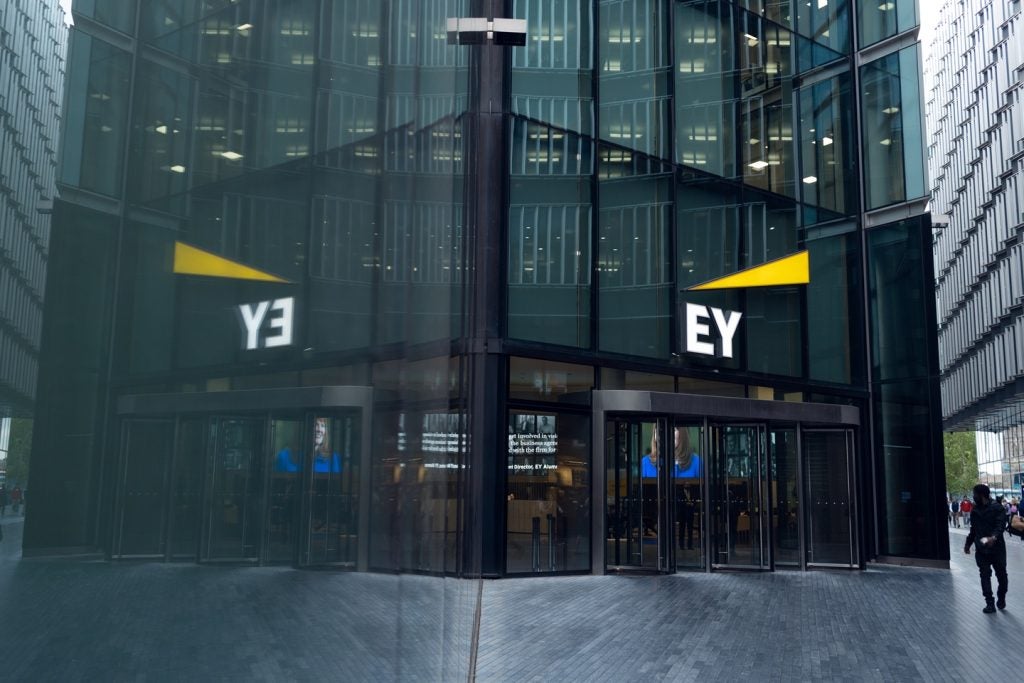
New research from Rethinkly has found that almost one-third of Gen Zs have struggled with their mental health and wellbeing over the past five years because they’ve never felt able to openly talk about it. This highlights how in an environment of back-to-back client meetings, KPI targets, and presentations, there remains little time to discuss mental health and wellbeing
In light of this Andrew Jackson and David Tinker, CEO and co-founders of Rethinkly, comment on how workplaces can support employee wellbeing amidst a mental health crisis.
Research from Blueboard has also found that over half of employees believe that their employer is not doing enough to support their mental health. As well as employers having a duty of care for their employees, poor mental health amongst the workforce also has a clear effect on productivity, making it vital for businesses to offer the best support possible. Serving as testament to this, Rethinkly’s research found that 25% of young people say, that due to living with mental health issues, they feel that their productivity at work is 50% or less, of what it could be.
Rethinkly has taken an innovative approach towards improving workplace wellbeing by using new metaverse technology. The platform – which is used by the likes of the NHS and IBM – enables participants to anonymously enter a virtual world through the use of neutral avatars. From here, HR or other trained members of staff can hold sessions in which employees can use gestures and other forms of communication to express how they are really feeling in relation to their working life. This empowers staff to express emotions they otherwise might feel afraid to, and from here the necessary support can be provided to them.
Ways in which workplaces can support employee wellbeing amidst a mental health crisis:
1. Build a culture that promotes ‘psychological safety’
The key to unlocking a healthy working environment, describes a shared belief held by members of a team that it’s OK to take risks and to express their ideas and concerns, as well as to speak up with questions, and admit mistakes — without fear of negative consequences or judgement. However, Rethinkly’s latest study reveals that just under one in five Gen Z workers worry that their employees will judge them for making a mistake.
Tinker states: “An unhealthy culture tends to be one where even the fact that something is undiscussable cannot be discussed. This normally results in avoidance of risk, poor decision making and low levels of creativity all resulting in poor performance. The only way out is to create ‘psychological safety’. Psychological safety is achieved by increasing levels of self-awareness through some kind of reflective practice – looking in the mirror and listening to feedback”.
How well do you really know your competitors?
Access the most comprehensive Company Profiles on the market, powered by GlobalData. Save hours of research. Gain competitive edge.

Thank you!
Your download email will arrive shortly
Not ready to buy yet? Download a free sample
We are confident about the unique quality of our Company Profiles. However, we want you to make the most beneficial decision for your business, so we offer a free sample that you can download by submitting the below form
By GlobalData2. Promote proactive and clear communication
Rethinkly’s data shows that 22% of Gen Z employees say that verbal communication with bosses and peers is the hardest part of their job. Perpetuated by a two-year hiatus, Zoom interactions and isolated communication, Tinker argues that it is no surprise that workplace anxiety is on the rise, following the pandemic.
Jackson states: “Most challenges at work stem from a lack of or just bad communication. Effective communication and building a strong culture based on healthy engagement are often talked about but surprisingly difficult to achieve. When organisations start to embed and grow critical communication skills and adopt them as a competitive advantage, they can start to see a significant shift in their trajectory.”
3. Invest in coaching and training
Now more than ever proactive and preventive workplace mental health training for leaders, managers, and individual contributors is essential to foster an environment that supports staff wellbeing. As more and more people struggle with mental health, it’s important to debunk common myths, reduce stigma, and build the necessary skills to have productive conversations about mental health at work.
Tinker concludes: “There are two reasons why organisations need to think about providing support to their entire businesses – one ethical, one commercial. In many organisations, coaching is reserved for the very senior but actually, those that need it the most are those starting out their careers who are just forming their approaches and skill sets.”
“Only providing a critical skill to a senior few isn’t fair and it isn’t a great strategy for the future of your business. Our vision is that this level of interaction and support should be available to everyone in an organisation. And organisations that do this, find that it unlocks creativity and innovation on a wider scale. All this is better for the bottom line.”






